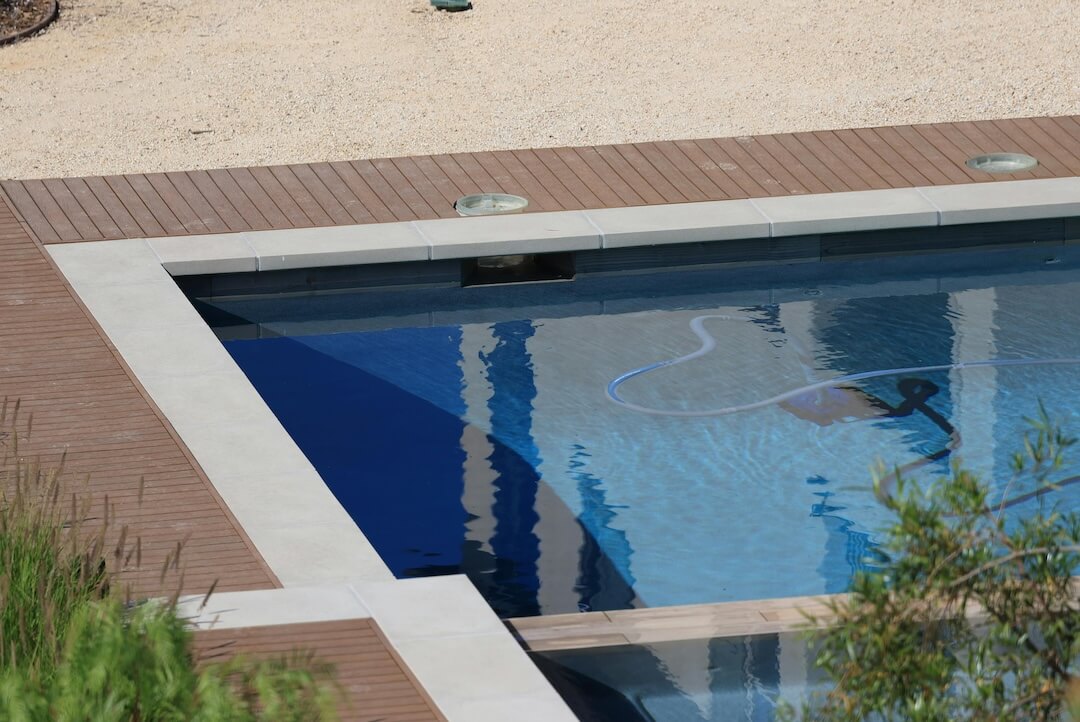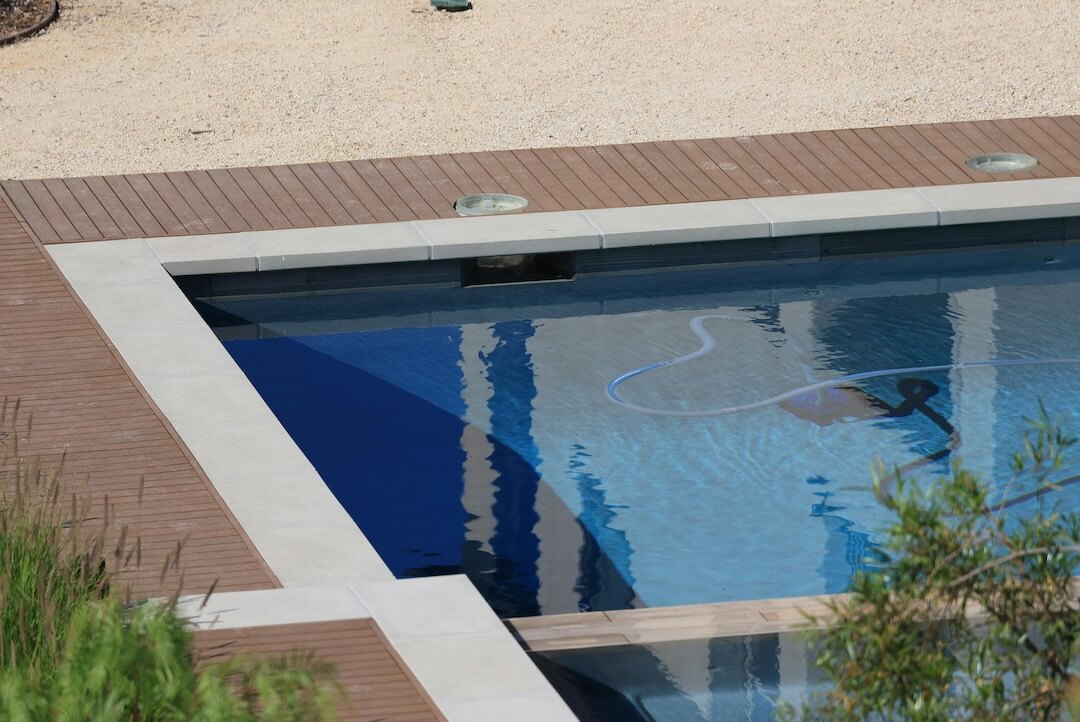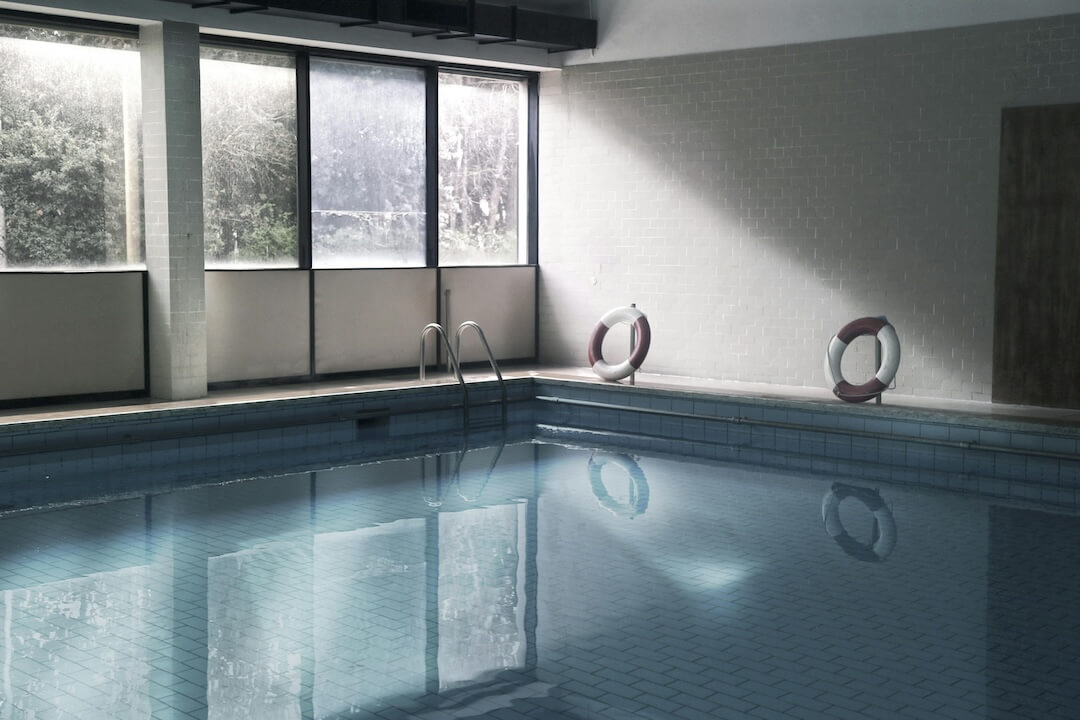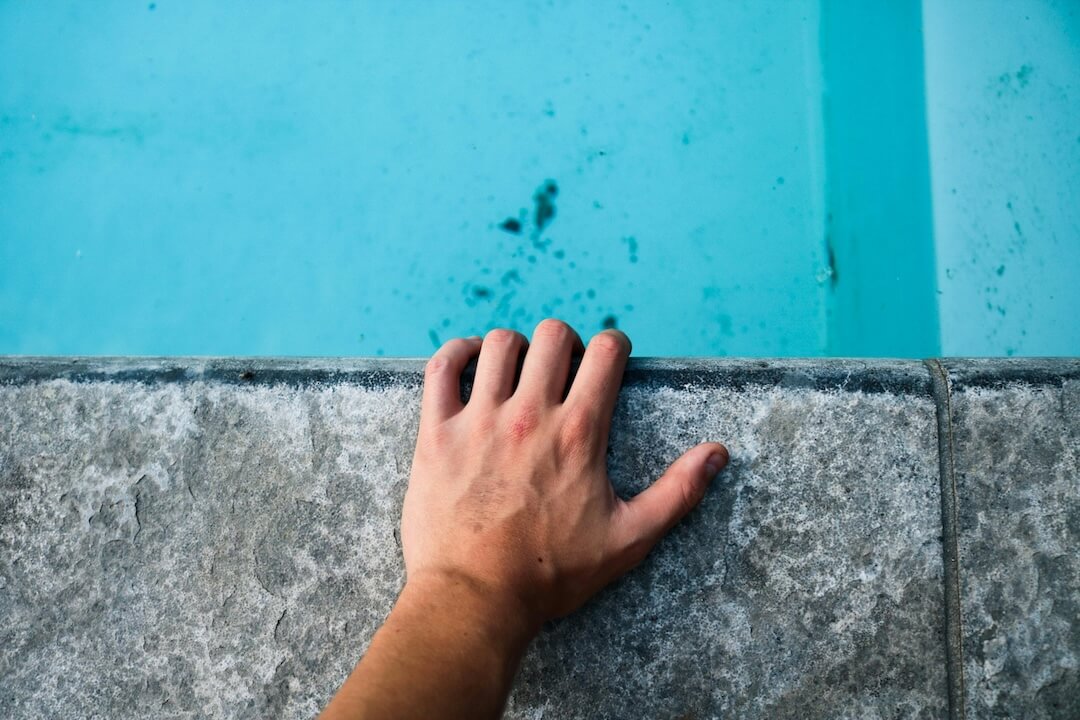How to Balance Pool pH Levels

How to Balance Pool pH Levels
Keeping your pool’s pH levels balanced is a fundamental part of maintaining a healthy, inviting swimming environment in Sweetwater. Proper pH balance not only ensures crystal-clear water but also protects your pool equipment and enhances swimmer comfort. Understanding how to monitor and adjust pH levels can seem daunting at first, but with the guidance of our experienced pool specialists, maintaining optimal water chemistry becomes an easy and rewarding task.
Understanding the Importance of pH in Pool Water
The pH level of your pool water measures its acidity or alkalinity, with a scale ranging from 0 to 14. For pools in Sweetwater, the ideal pH range is generally between 7.2 and 7.6. This range is considered perfect for swimmer comfort and water clarity. When pH falls outside this range, several issues can arise.
If the pH is too low (below 7.2), the water becomes more acidic, which can cause corrosion of pool equipment, etching of the pool surface, and skin or eye irritation for swimmers. Conversely, if the pH is too high (above 7.6), the water becomes alkaline, leading to cloudy water, scale buildup on the pool surfaces and equipment, and difficulty in disinfecting the water properly. Maintaining the correct pH balance is crucial for preventing these problems and ensuring your pool remains in top condition throughout the year.
Testing Your Pool pH Levels Correctly
Regular testing is the first step toward balancing your pool’s pH. Our pool experts recommend testing your pool water at least twice a week during peak swimming season and once a week during cooler months. To obtain accurate readings, use high-quality test strips or liquid testing kits specifically designed for pools.
When testing, collect a sample of pool water from the middle of the pool, away from skimmers and returns. Follow the instructions on your testing kit carefully. After obtaining your test results, compare the color change on the test strip or liquid indicator with the color chart included. If the pH is outside the recommended range, it’s time to adjust the water chemistry.
How to Adjust pH Levels in Your Pool
If your tests show that your pool’s pH is too low or too high, adjusting it is straightforward with the right chemicals. Our pool specialists in Sweetwater recommend using pH increasers (sodium carbonate or soda ash) to raise pH when the water is too acidic. To lower high pH levels, use pH reducers (such as muriatic acid or sodium bisulfate).
When adding chemicals, always follow the manufacturer’s instructions carefully. It’s best to add chemicals gradually and in small amounts, retesting after each addition to avoid overcorrection. Remember to turn on the pool pump during chemical addition to ensure even distribution of the chemicals throughout the water.
Safety is paramount—wear protective gloves and goggles when handling pool chemicals, and ensure proper ventilation. It’s also wise to add chemicals during evening hours or when the pool is not in use to minimize exposure to swimmers.
Maintaining Consistent pH Levels for a Healthy Pool
Consistency is key when it comes to pool chemistry. Our pool experts in Sweetwater suggest establishing a routine schedule for testing and adjustment. This approach helps prevent drastic pH fluctuations that can be harmful to pool surfaces and swimmer health.
In addition to regular testing and chemical adjustments, consider factors that influence pH levels, such as weather conditions, heavy pool use, and source water quality. Rain and runoff can dilute pool chemicals, causing pH shifts. High temperatures can increase evaporation rates, concentrating chemicals and affecting pH. Always monitor these factors and adjust your maintenance routine accordingly.
Using a reliable water chemistry kit and maintaining a stock of necessary chemicals can make this routine easier and more efficient. It’s also beneficial to keep a log of pH levels and chemical additions to track trends and anticipate future adjustments.
Signs Your Pool pH Is Off and What to Do
Recognizing the signs of unbalanced pH helps you take prompt action. Cloudy water, strong chemical odors, and skin or eye irritation are common indicators that your pH may be out of range. Additionally, if you notice mineral deposits or scale buildup on pool surfaces and equipment, it’s often a sign of high pH levels.
If you observe these issues, don’t delay in testing the water and making necessary adjustments. Always retest after adding chemicals to confirm that pH has returned to the optimal range. If problems persist, it may be necessary to seek advice from our pool specialists to troubleshoot underlying causes or consider additional water treatment measures.
Why Regular pH Maintenance Matters in Sweetwater
In Sweetwater’s warm climate, proper pH balance is especially important. Elevated temperatures can accelerate chemical reactions in your pool water, making it more prone to pH fluctuations. Regular maintenance ensures your pool remains clean, safe, and enjoyable for family and friends.
A well-balanced pool not only enhances the swimming experience but also extends the lifespan of your pool’s equipment and surfaces. Proper pH levels help the chlorine and other sanitizers work more efficiently, reducing the need for excess chemicals and lowering maintenance costs over time.
Our pool experts encourage homeowners to schedule routine water testing and chemical adjustments. This proactive approach helps prevent costly repairs and ensures your pool remains a source of relaxation and enjoyment throughout the year.
Conclusion: Trust Our Pool Specialists for Expert pH Balancing in Sweetwater
Maintaining optimal pH levels is a vital aspect of responsible pool ownership in Sweetwater. By understanding the importance of pH, regularly testing your water, and making precise adjustments, you can keep your pool water clear, safe, and inviting. Our pool specialists are here to support you with expert advice, quality chemicals, and personalized service tailored to your pool’s unique needs.
Remember, consistent pH maintenance isn’t just about cleanliness—it’s about creating a healthy environment for swimmers and protecting your investment. Contact us today to learn more about our pool care services and how we can help you achieve perfect water chemistry all season long.



